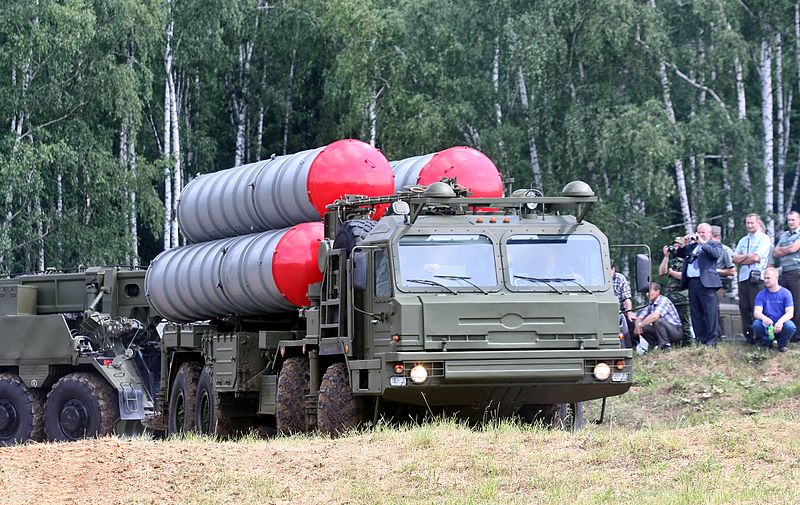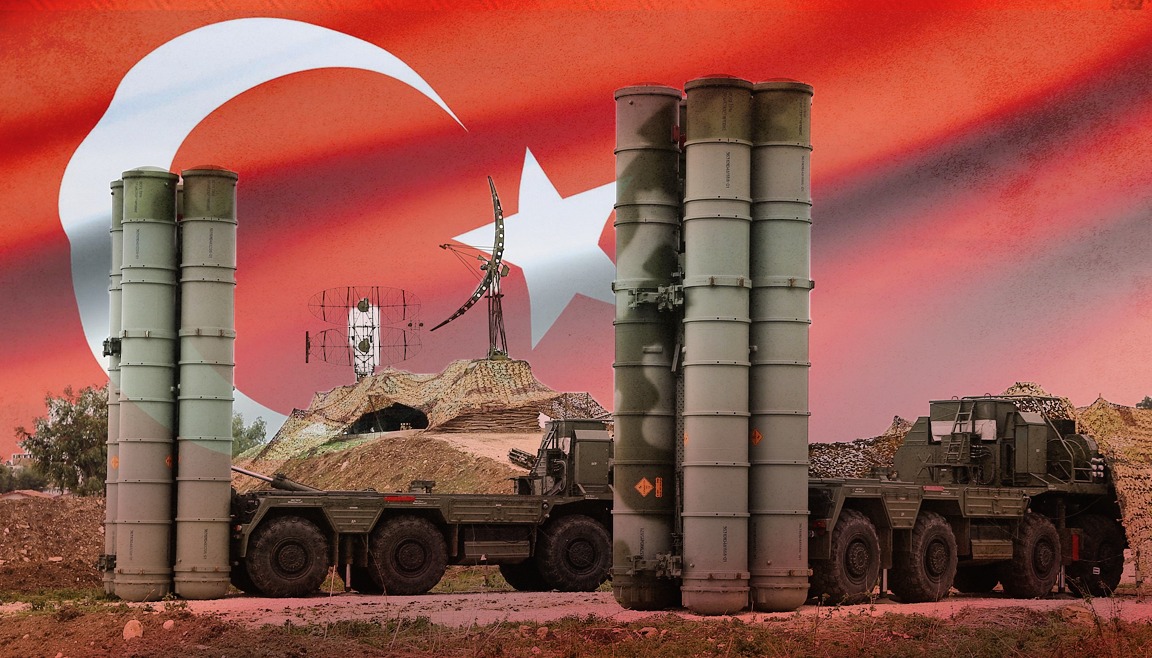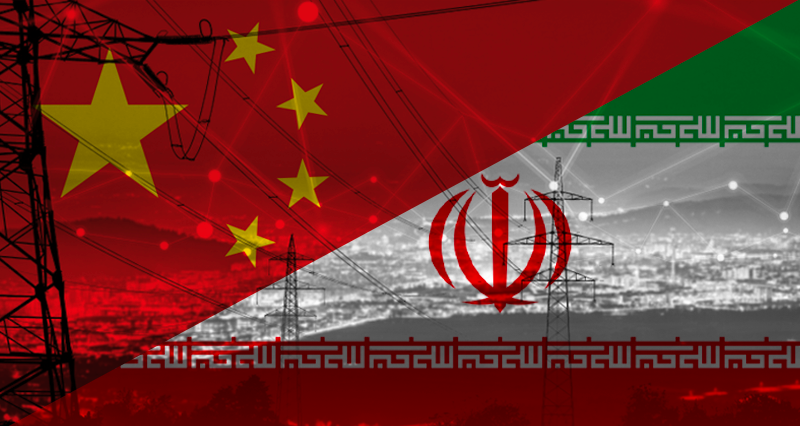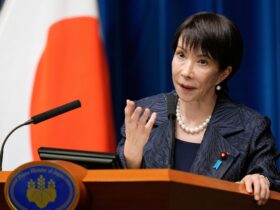Discussions between the United States and Turkey over the purchase of the Russian S-400 missile system have been going on for more than a month. America continues to threaten Turkey with sanctions in the event that it does not immediately refuse to purchase the defense complexes.
Will our relations with Washington improve, if Turkey declares that it is ready to abandon the purchase of the S-400? Can the US be trusted to abide by its promises?
Of course not.
The United States wants to remain the only world leader, to manage the world economy in its own favor and to tell other countries how and when to use their oil, gas, gold and other resources. Washington’s desire for control goes even further – they want to decide whether other countries need independence, development and even defense…
If Turkey abandoned the S-400, what would happen to serious security concerns such as the fight with the PKK / PDS? How about Syria, northern Iraq, Israel, Cyprus?
If we look at the history of Turkish-American relations, we will see that, from the 1960s to the present, Washington has regularly used various crises and tensions to see what they could get away with in bettering their position.
Former Turkish ambassador to the US and Deputy Foreign Minister Faruk Loğoğlu, in a recent interview with the Turkish BBC, commented on the history of relations between Turkey and the United States.

Wikimedia commons
The following are some of the highlights of the crisis in relations between the two countries:
CUBA MISSILE CRISIS OF 1962: The Cuban crisis, which erupted in October 1962, put the two superpowers of the Cold War period, the United States and the USSR, on the verge of nuclear war. After the discovery of U2 aircraft flying nuclear warheads flying over Cuba, then US President John F. Kennedy warned the Soviet Union about a serious crisis that would break out if the USSR supplies nuclear weapons to Cuba.
The sides exchanged mutual threats for some time, but as a result of political bargaining between the USSR and the USA, Turkey ended up caught in the crisis as well.
The Soviets said they would withdraw the nuclear weapons from Cuba, but demanded that the United States first remove their nuclear warheads from Turkey and Italy.
The decision of the United States and the USSR to withdraw weapons from Turkey was made without consulting Ankara, which laid the foundation for increased tension in relations.
OPIUM CRISIS: In 1974, the Prime Minister of Turkey Bülent Ecevit ordered the resumption of opium poppy planting in the country.
Amid growing drug use in America, Turkey, along with some other countries, was accused of drug smuggling.
In 1971, Turkey imposed a complete ban on the cultivation of opium. However, after 3 years, Ankara reversed the decision, which caused tensions with Washington.
INCIRLIK: The Incirlik military base, located in Adana, was one of the key US operations centers against the Soviet Union during the Cold War. In addition, the base was an important instrument for bargaining in the allied relations between the United States and Turkey.
After the 1974 Cyprus operation, the United States decided to impose an arms embargo on Turkey.
Turkey, by suspending the activities of the Incirlik base and other bases used by America on Turkish territory, transferred control of them to the Turkish Armed Forces.
Bülent Ecevit, in an interview with the Hürriyet newspaper in 2002, said: “Our decision to restore opium production within a certain framework, despite opposition from the American side, caused outrage in the United States. it was an additional factor. “
After the lifting of the embargo by the US Congress in September 1978, the Incirlik base continued its work as before.
The base is still key to US-led coalition forces in the fight against IS in the Middle East.
Calls for the closure of the base often accompany periods of diplomatic tension between countries.
THE MANDATE OF MARCH 1, 2003: Ankara rejected a mandate to send the Turkish military abroad and to deploy foreign military contingents in Turkey was rejected by the Turkish parliament.
The United States expected the mandate to pass. Approximately $200 million were allocated to accommodate and maintain the activities of the military, their equipment and warships that were to be sent to Iskenderun within the framework of the mandate.
At that time, I served as an ambassador. I remember that I warned the American side that parliament might make a different decision. “Turkey is a parliamentary republic, and it is necessary to wait for the decision of the parliament,” I said. However, the United States introduced its ships in the Eastern Mediterranean all the same. But the expected result was not forthcoming.
After the rejection of the mandate, the United States entered Iraq from the south, thus showing that they had workarounds planned: yet, the fact of the rejection of the mandate by the parliament left a negative imprint both in the American army and in Congress.
CONFLICT IN IRAQ WITH US MILITARY: On July 4, 2003, in the Iraqi city of Sulaymaniyah, the US military organized a raid on the headquarters of Turkish officers of the special forces units. The Americans put sacks on the heads of the Turkish military there and sent them to Baghdad for interrogation.
I proposed to create a commission to investigate this incident. However, we, as representatives of Turkey in Washington, were taken off of the case, and the details of the incident were studied by the Turkish Foreign Ministry and the Embassy in Ankara.
VISA CRISIS: On October 8, 2017, after Metin Topuz, an employee of the U.S. Consulate in Istanbul, was arrested, the United States suspended the processing of visa applications to Turkish citizens indefinitely. Turkey responded to this step with symmetrical measures.
On December 28, 2017, the United States and Turkey lifted all bilateral visa restrictions. America stated that the Turkish government “remains true to the guarantees provided at the highest level.”
CRISIS OVER PASTOR BRUNSON: Washington, under the pretext that the Turkish authorities would not release American citizen, Pastor Andrew Brunson, from house arrest, imposed sanctions against Interior Minister Süleyman Soylu and Justice Minister Abdulhamit Gul.
The Brunson incident added another crisis to the history of difficult relations between Turkey and the United States. Sanctions against the two ministers, mutual accusations and sharp attacks by Washington and Ankara continue to the present. Turkey has acted appropriately given the situation.

















Leave a Reply